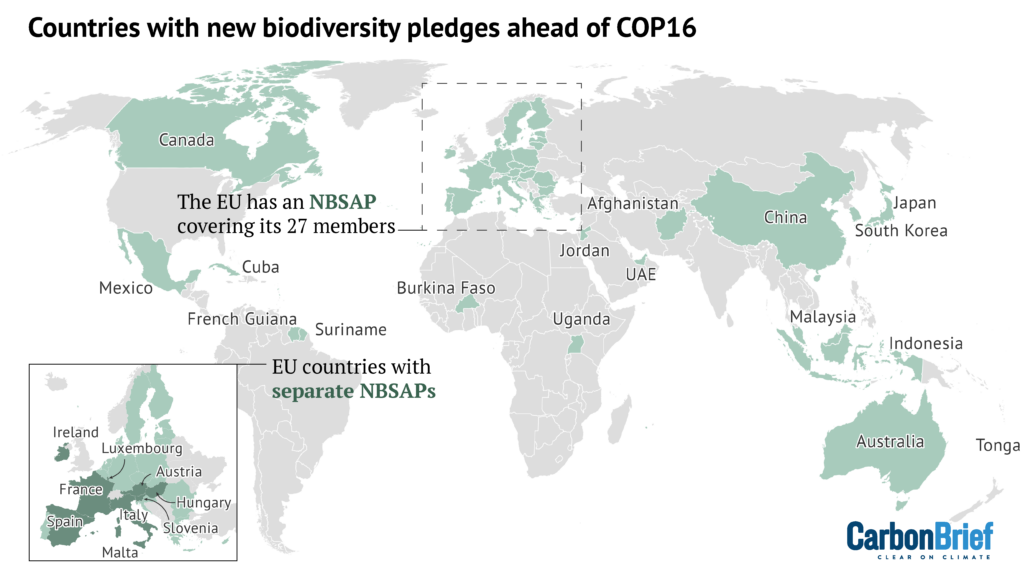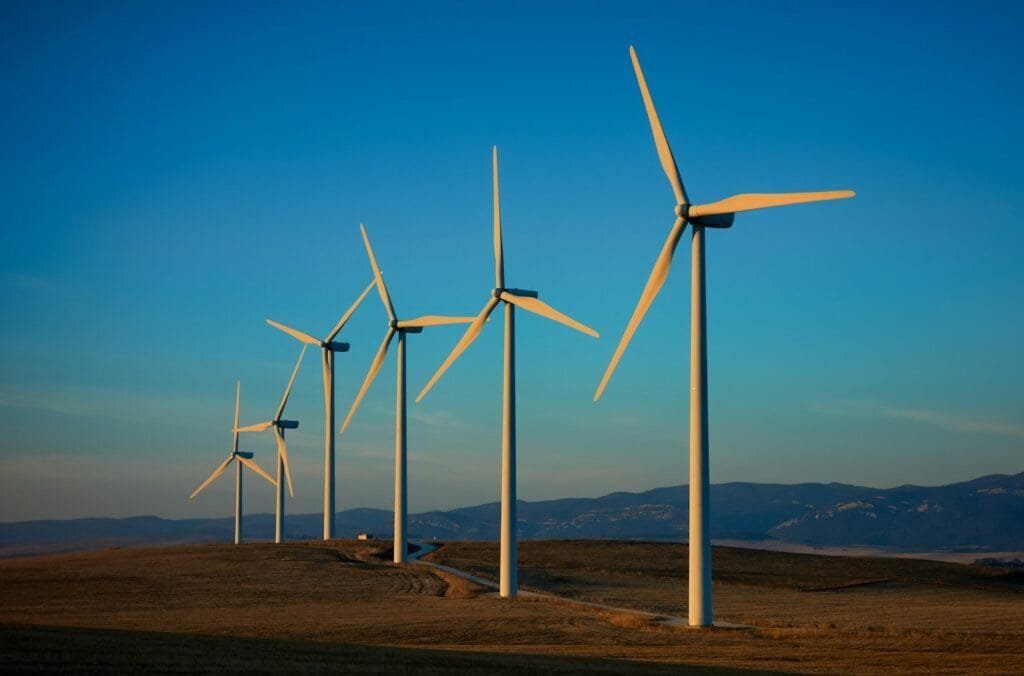Summary
More than 85% of countries are set to miss the UN deadline for submitting new nature pledges ahead of COP16 in Colombia. Only 25 countries and the EU have published their national biodiversity strategies and action plans (NBSAPs), while 170 countries have not met the deadline. This raises concerns about global biodiversity efforts, as many nations face “technical difficulties” and delays in consultation processes. The failure to submit plans reflects ongoing challenges in addressing biodiversity loss effectively.
Highlights -🌍
- Deadline Missed: Over 85% of countries will miss the UN deadline for biodiversity pledges ahead of COP16.
- Few Submissions: Only 25 countries and the EU have submitted their NBSAPs.
- Biodiversity Crisis: Approximately one million species face extinction due to human activities.
- G7 Nations Lagging: Key G7 countries like Germany and the UK failed to submit their pledges.
- Complex Processes: Nations cite technical challenges and lengthy consultations as reasons for delays.
- Global Cooperation Needed: Effective biodiversity strategies are critical for reversing nature loss.
- Future Implications: Missed deadlines could impact nations’ reputations at international negotiations.
More than 85% of countries are set to miss the UN’s deadline to submit new nature pledges ahead of the COP16 biodiversity summit in Colombia, according to a joint investigation by Carbon Brief and the Guardian.
Three of the G7 nations are among those not to publish new national pledges, known as national biodiversity strategies and action plans (NBSAPs), ahead of the talks, which will take place in the city of Cali from from 21 October to 1 November..
Only five of the 17 “megadiverse countries” – which together provide a home to 70% of the world’s biodiversity – have produced new pledges for tackling nature loss, according to the Carbon Brief and Guardian analysis.
The three nations that hold the vast majority of the Amazon rainforest – Brazil, Peru and COP16 host nation Colombia – have all failed to produce new nature plans before the talks.
All of the six countries responsible for the Congo basin in Africa, the world’s second-largest rainforest after the Amazon, also missed the deadline.
Representatives from environment ministries across the world tell Carbon Brief and the Guardian that “technical difficulties” and “structural barriers” – ranging from the need for lengthy consultations with stakeholders to delays caused by general elections – prevented them from meeting the deadline.
[...]
Read the full post at Carbon Brief.





